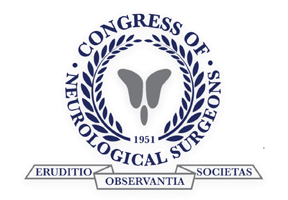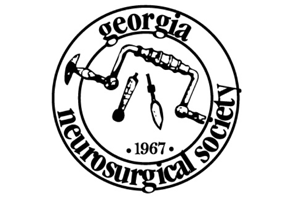The brain is one of the body’s largest organs and features many essential components. From the lobes and cerebellum to the brain stem and glands, each part of the brain works to maintain a healthy mental and physical state for a person’s overall health.
Tumor development in any area of the brain will interrupt the affected component’s function and result in troublesome symptoms. In this article, we’re looking at signs of a tumor on the brain glands, specifically the pituitary glands, hypothalamus, and pineal gland.
Signs of a Brain Tumor on the Pituitary Gland
The pituitary gland is responsible for hormone production that helps the body grow, metabolize, reproduce, and cope with stress or trauma. It also plays an active role for women during childbirth and early motherhood as it controls hormone releases. A tumor on the pituitary gland can cause hormone deficiency or excessive production of certain hormones.
Signs of deficiency:
- Body weakness
- Cold sensations
- Decrease in menstrual cycles
- Excessive urine production
- Sexual performance issues
- Unexplained weight loss or weight gain
Signs of excessive hormone production:
- High blood pressure or high blood sugar
- Increased acne development
- Thicker body hair growth
- Painful joints
- Excessive sweating
- Bodily swelling
- Reproductive system complications
- Moodiness, anxiousness, or depression
- Muscle weakness
- Random bruising
- Weakened bones
- Weight gain in certain areas
- Weight loss
Signs of a Brain Tumor on the Hypothalamus
The hypothalamus is a brain gland that functions as the main controller for your hormone system. It helps keep the body in a state of balance or homeostasis. A growth called hypothalamic hamartoma will disrupt the hypothalamus and cause many dysfunctions. A hypothalamic hamartoma forms in the womb and is considered a birth defect. Signs can appear during early childhood or adolescence, and occasionally, symptoms will begin appearing in adulthood.
Signs of a hypothalamic hamartoma:
- Difficulties socializing
- Difficulties with balance and motor skills
- Disruptions with thirst (either excessive thirst or deficient thirst)
- Early onset of puberty (8 years old or earlier for girls, 9 years old or earlier for boys)
- Puberty can develop in infancy for some patients
- Episodes of untriggered anger
- Frequent urination
- Learning disabilities
- Memory problems
- Seizures, including gelastic seizures (unexplained fits of laughing or giggling)
Signs of a Brain Tumor on the Penial Gland
The brain’s penial gland is located in the central part of the brain and maintains your body’s circadian rhythm by producing the hormone melatonin. A healthy penial gland means the body experiences normal tiredness at night and functions well during the day. A tumor on the pineal gland is most likely to cause hydrocephalus or pressure in the brain due to excessive cerebrospinal fluid (CSF) or a blocked flow of CSF.
Signs of a penial tumor or hydrocephalus:
- Episodes of nausea and vomiting
- Eye movement problems
- Instability while walking
- Painful headaches
- Vertigo
Tumor development on any of the brain’s glands is a severe issue. If you or a loved one are experiencing complications that could indicate a brain tumor on a gland, rely on the experts at Georgia Neurological Institute. We offer the latest advancements to diagnose and treat brain tumors successfully. Schedule an appointment with us today: 478-743-7092
Thank you for reading the last article in our brain tumor series. If you missed parts 1 or 2, check them out here:
- Signs of a Brain Tumor, Part 1: The Four Lobes
- Signs of a Brain Tumor, Part 2: The Cerebellum and Brain Stem
- Signs of a Brain Tumor, Part 3: The Glands






